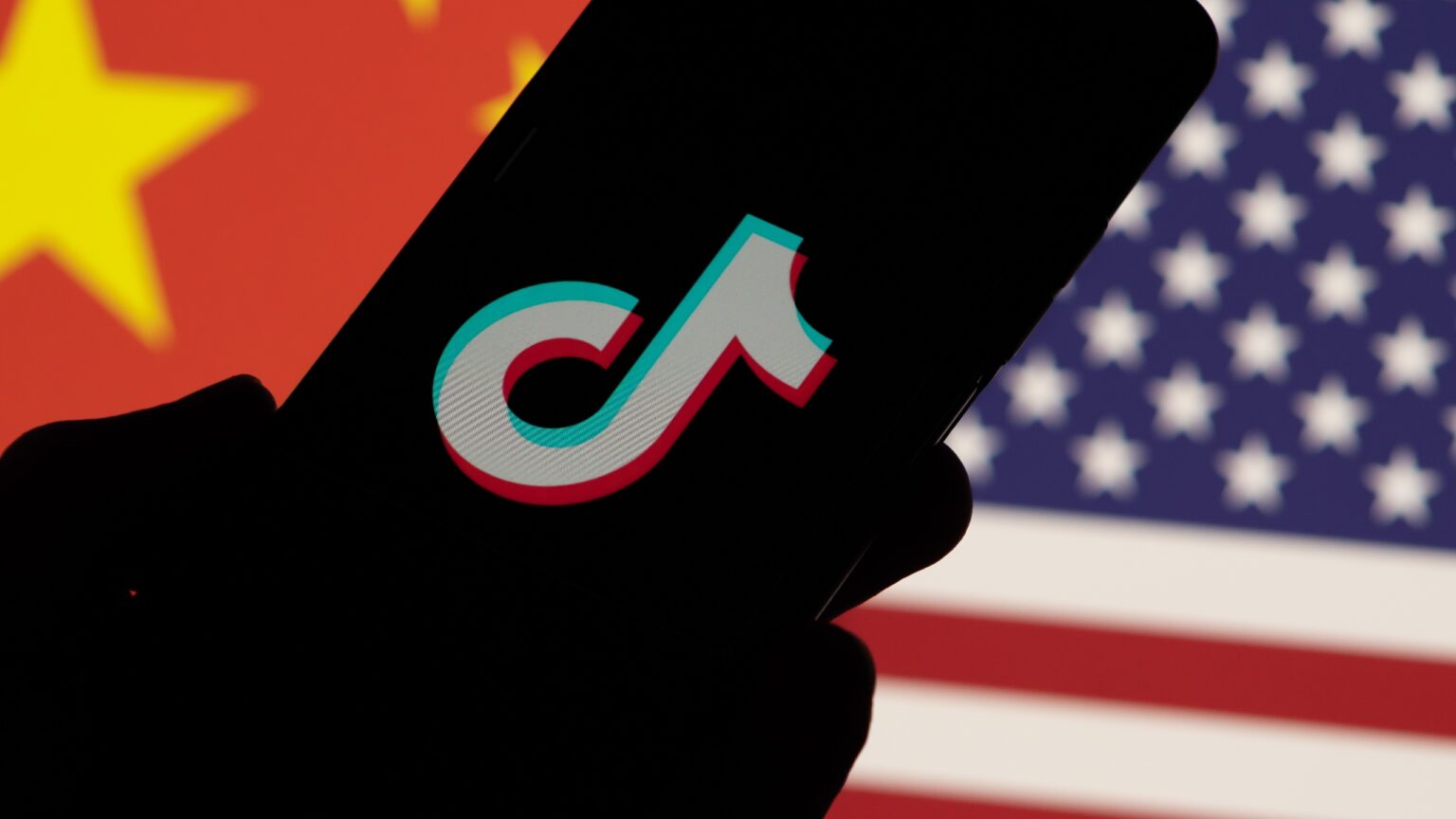A former top executive at ByteDance claimed in a lawsuit that the Chinese Communist Party (CCP) “maintained supreme access” to data belonging to the TikTok owner, including data stored in the U.S.
Yintao Yu is suing Chinese tech company ByteDance for wrongful dismissal. In a suit filed in San Francisco Superior Court on May 12, Yu said ByteDance “served as a useful propaganda tool for the Chinese Communist Party,” as reported by the New York Times.
“The Committee maintained supreme access to all the company data, even data stored in the United States,” the complaint said. Yu served as ByteDance U.S. head of engineering from August 2017 to November 2018.
Also read: China Wants AI Chatbots To Follow Communist Party Censorship Rules
Enforcing Communist Party values
His allegations come as the U.S. government threatened to ban TikTok amid rising concerns over “national security” and data privacy. Federal officials have repeatedly voiced fears that China could use the popular video sharing app as a tool for espionage.
They are worried TikTok could be used to influence political outcomes in the U.S. In March, Congress questioned TikTok’s CEO Shou Chew about the app’s Chinese ownership. FBI director Christopher Wray, said TikTok “screams out with national security concerns.”
The U.S. is a key market for ByteDance, with over 150 million people using TikTok in the country. But several U.S. states banned the app from government devices since November.
According to the lawsuit, Yintao Yu alleged that inside ByteDance’s Beijing headquarters, the CCP “had a special office or unit, which was sometimes referred to as the ‘Committee’.” It reportedly “guided how the company advanced core Communist values” in its apps.
While the ‘Committee’ did not work for ByteDance, it “played a significan role” in the firm’s operations and had a “death switch” that could turn off the Chinese apps completely. The suit claimed the CCP could also access U.S. user data via a “backdoor channel in the code.”
ByteDance was “aware that if the Chinese government’s backdoor was removed from the international/U.S. version of the app, the Chinese government would, it feared, ban the company’s valuable Chinese-version apps,” it said.
Yu accused the company of promoting “nationalistic content [that] served to both increase engagement on ByteDance’s websites and to promote support of the CCP.”
He claimed that the company responded well to requests from the CCP to share information and to “elevate or remove” content at the party’s bidding.
ByteDance denies wrong doing
In a statement shared with the New York Times, a ByteDance spokesperson denied that the company shared user data with Chinese authorities.
“We plan to vigorously oppose what we believe are baseless claims and allegations in this complaint,” the statement said.
“Mr. Yu worked for ByteDance Inc. for less than a year and his employment ended in July 2018. During his brief time at the company, he worked on an app called Flipagram, which was discontinued years ago for business reasons,” it added.
ByteDance is finally admitting Chinese Communist Party officials have “supreme access” to TikTok and use it as a propaganda tool.
TikTok is a national security threat and must be banned. https://t.co/5ibgqCGGQT
— Rep. Ken Buck (@RepKenBuck) May 13, 2023
Meanwhile, Yu accused ByteDance of deliberately promoting anti-Japanese content. The lawsuit says the company is “similarly positioned to exploit nationalistic sentiments in other countries like the United States.”
He also accused the tech giant of pillaging data from rivals such as Snapchat and Instagram without user consent. The suit states that “ByteDance had for years engaged in a worldwide scheme (including in California) to steal and profit from the content of others.”
ByteDance would then post the content on its own services using social media accounts run by bots, it said. Yu revealed that he reported the matter to TikTok’s algorithm head Zhu Wenjia, who was “dismissive” and said that “it was not a big deal.”
TikTok seeks to protect user data
On its part, TikTok has sought to clarify to U.S. lawmakers that China does not influence how it runs its operations. The company has since pledged to spend $1.5 billion on a program to protect U.S. user data and content from Chinese government access or influence.
The plan would seal off U.S. operations, with all data stored within the country at Oracle, the U.S. tech firm. Oracle would have access to TikTok’s “algorithmic code and flag issues for government inspectors.”









 and then
and then